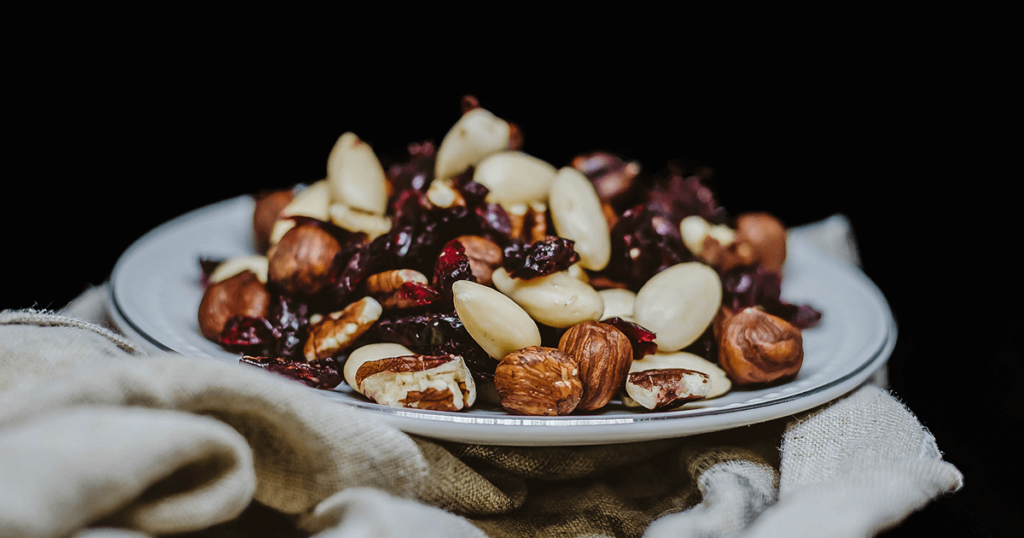
Sherlock Holmes was once given a puzzle to solve, with the words that it was “a little nut to crack.” What is the Spanish translation? Nut, meaning any of several varieties of fruit with a hard shell, is fruto seco, but that term also includes raisins, dates, and figs. Nuez, a general term for nut, really means walnut, and is not quite right either. To single out a walnut would make you wonder if walnuts are more common or at least more appreciated in England than pecans, say, or hazelnuts. Or, you might wonder, could it be that walnuts are more difficult to crack? Puzzling out this question could soon become more important than solving the case, and we can’t have that. Yet we do: imperfect though it is, nuez is the translation.
A better translation might be un hueso duro de roer, meaning by the metaphor of a hard bone, hueso duro, and gnaw, roer, a difficult problem to solve. But do we want to picture Holmes with a bone between his teeth?
In the end, Holmes’s story is interesting enough to withstand a verbal infelicity or two, so to worry about the translation perhaps makes much ado about nothing. And how to say that in Spanish? Mucho ruido y pocas nueces.
It is something of a hardship, however, to have no word that just means nut. Imagine how you are going to get a bowl of mixed nuts to snack on while sipping a beer. Either you ask for frutos secos, and put up with the raisins or dates, dried apricots or bits of coconut in the mix as well, or you name the nuts: “How about a bowl of almonds, hazelnuts, a few pecans, cashews, some peanuts? And throw in some brazil nuts too.” Easier to make your own assortment.
Or even easier, settle for just almonds, the best of the lot, without a doubt. I’ve eaten them straight from the vendor in the streets of Jerez de la Frontera, salty, lightly fried in olive oil, and still warm. I doubt I’ve ever savored any other thing so much. Yet even more memorable than freshly cooked almonds was stopping at the neighborhood bodega when I lived in Madrid for a bottle of beer and 100 grams of almonds, sold by weight from a glass jar on the counter.
The bodega was a warehouse, dark and plain, where people bought alcohol in quantity. The man behind the counter weighed out a scoopful of almonds, waiting for a nod of agreement, and then opened my bottle for me. Stepping from the dim bodega onto the bright hot street, I took a first sip, just a taste, then pushed the cap back into place to wander down to the park and find a bench in the shade, where I could sip my beer and munch on my almonds in the warm noon while children of all ages played and mothers and some fathers talked about the heat. Old men dozed and old women kept an eye on a grandchild, occasionally digging their elbows into husbands to wake them up to appreciate what the child had just said or laugh at what he’d just done.
Near the two o’clock lunch hour, the parks cleared out. Soon only the old and very young were left, and a few people like me who had the afternoon off, or people who were not working at all, sometimes a delinquent or a drug addict napping in the sun, or a few students. In the heat of a Madrid midday no one seemed threatening, least of all the little children, even though they had more energy than the languid adults. The grandparents never apologized for the children’s clumsiness in clutching your knee when waddling by or stopping to eye your snack and sometimes reach for it, though they did chide the children. “Tch tch, what are these people going to think of you?” a grandmother might scold, reaching to tug at the child’s hand.
Your response would be a smile, because despite the tone of voice, everyone understood the pride and enthusiasm for the child at play. My father-in-law used to remark when watching his own small grandchildren that babies are so delectable you want to eat them up, and when they are grown, you wish you had. Those are sweet memories, too, sitting with Luis, my children playing. I heard him, I understood him, but I didn’t believe my children wouldn’t forever be adorable and soft-hearted. To grow up and grow crass or cruel? How could that even be possible? If I’d asked, my father-in-law would have shrugged at a puzzle, both staggering and self-evident, that not even Sherlock Holmes could unravel, no matter what the language.

